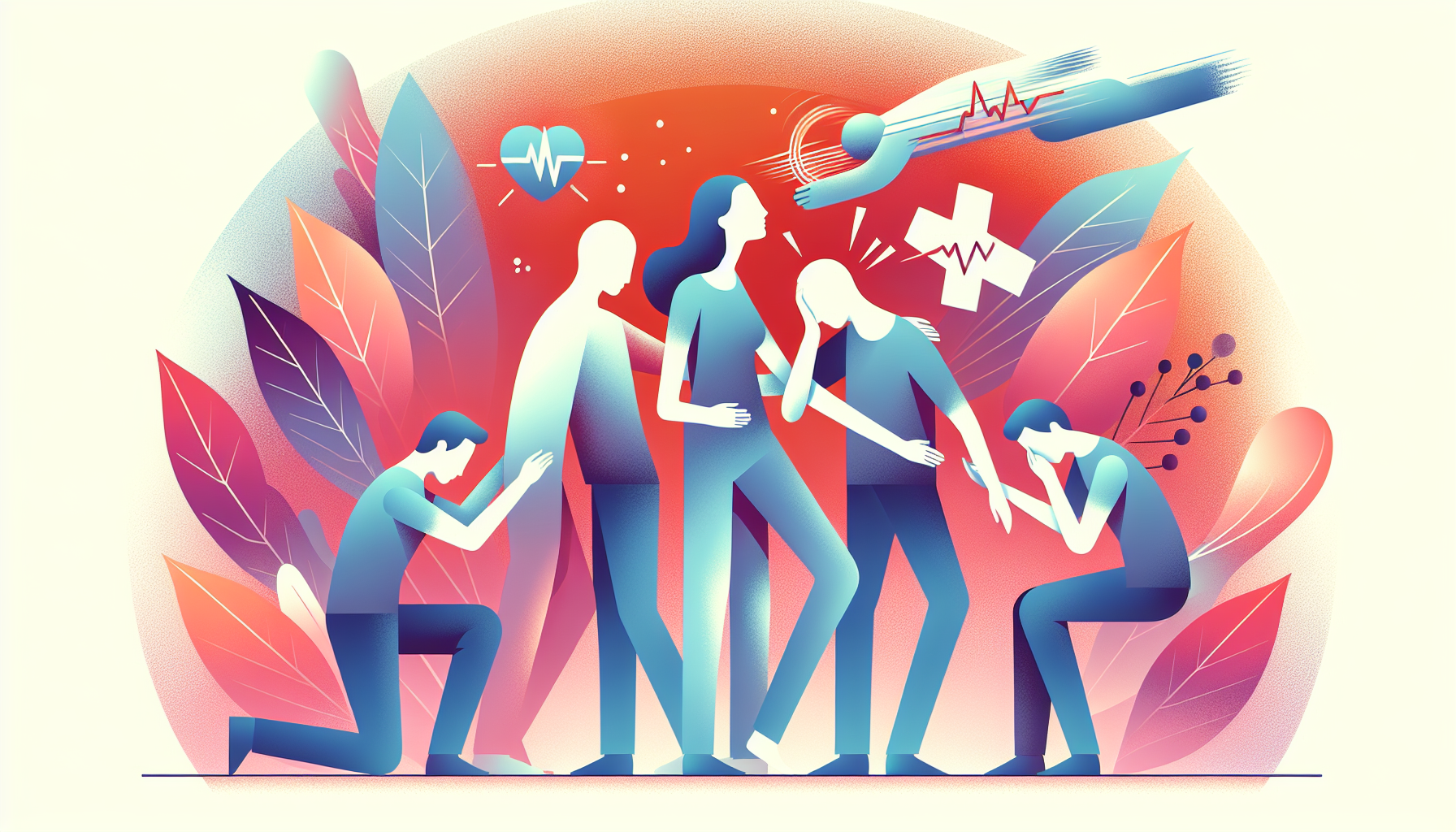Fainting, also known as syncope, is a sudden, brief loss of consciousness caused by reduced blood flow to the brain. It can be frightening, but in most cases, it is not a serious condition. However, it is essential to understand the causes, symptoms, and when to seek medical attention.
What Causes Fainting?
There are many reasons why someone might faint, including:
Low blood pressure (hypotension)
Heart problems, such as irregular heartbeats or heart block
Dehydration
Anemia (a deficiency in healthy oxygen-carrying cells)
Problems with the autonomic nervous system, which regulates blood pressure
Intense emotional stress, anxiety, or fear
Certain medications that affect blood pressure
In some cases, fainting may run in families or occur in otherwise healthy individuals. Vasovagal attacks, also known as neurally mediated syncope, are the most common type of fainting spell and are often triggered by specific situations, such as standing up too quickly, experiencing intense emotions, or seeing blood.
Symptoms of Fainting
Before fainting, you may experience some warning signs, such as:
If you experience these symptoms, it is essential to sit or lie down immediately to prevent injury from falling. Most fainting episodes last only a few minutes, and the person regains consciousness quickly.
The Difference Between Fainting and Seizures
Although fainting and seizures can both involve loss of consciousness, they are different conditions:
Fainting (Vasovagal Syncope):
Brief loss of consciousness with quick recovery
Usually has warning symptoms beforehand
Person becomes limp when unconscious
Full awareness returns immediately upon waking
Seizures:
May involve rhythmic jerking movements
Often no warning signs
May have confusion after the episode
Can last longer than typical fainting
If you're unsure whether someone has fainted or had a seizure, seek medical evaluation for proper diagnosis.
When to Seek Medical Help
While most cases of fainting are not serious, you should seek immediate medical attention if fainting is accompanied by:
You should also consult a doctor if:
You faint frequently
You have a history of heart disease
You faint while exercising
You fall and hit your head, causing loss of consciousness
Your doctor can perform tests to determine the underlying cause of your fainting and recommend appropriate treatment. Depending on your symptoms, you may need to see a cardiologist (for heart-related causes) or a neurologist (if seizure activity is suspected). The Substance Abuse and Mental Health Services Administration offers a 24-hour hotline for support with mental health and substance use disorders.
In Summary
Fainting can be a scary experience, but understanding its causes, symptoms, and when to seek help can make it less daunting. By taking simple precautions and seeking medical attention when necessary, especially if you experience chest pain or seizure-like symptoms, you can manage fainting and maintain your overall health and well-being.



